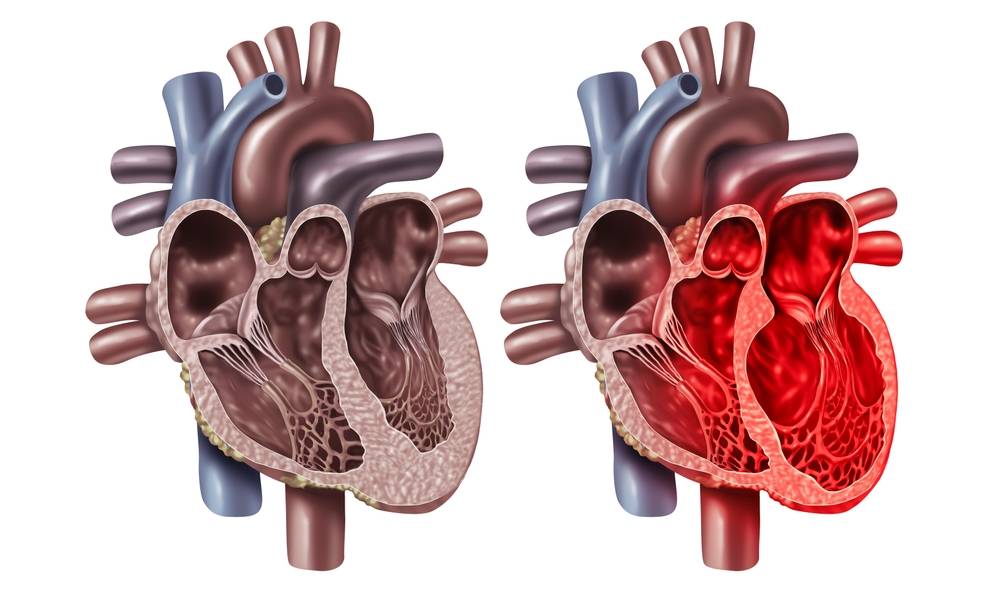“Though it seems farfetched that joy can affect the heart to such an extent, Happy Heart Syndrome is real and serious,” says Dr Koh Choong Hou, consultant cardiologist at Healthway Medical Group.
Dr Koh Choong Hou, a consultant cardiologist at Healthway Medical Group, explains that while these conditions are uncommon, understanding how to balance joy with heart health can help make celebrations even more enjoyable. So, how can you stay festive while keeping your heart healthy?
What Is Happy Heart Syndrome?

Happy Heart Syndrome, medically known as Takotsubo Syndrome, is a rare condition where extreme positive emotions temporarily weaken the heart muscle.
While often overshadowed by its counterpart, Broken Heart Syndrome, triggered by grief, this phenomenon demonstrates the heart’s surprising sensitivity to emotions.
In a study involving 2,482 patients with Takotsubo Syndrome, 910 cases were linked to emotional triggers. Among these, 873 stemmed from negative emotions, while 37 were caused by positive events like family celebrations or long-anticipated milestones.
Men were more likely to exhibit “happy heart” symptoms like atypical ventricular ballooning. This is when part of a ventricle becomes abnormally enlarged (“balloon”), reducing its ability to pump blood effectively.
This can lead to complications like cardiogenic shock (where the heart cannot pump enough blood to meet the body’s needs) or pulmonary oedema (fluid build up in the lungs).
Dr Koh explains, “I have seen cases where healthy adults reacted dramatically to seemingly innocuous events, resulting in hospitalisation for symptoms of acute heart failure.”
Recognising warning signs – such as chest discomfort or shortness of breath – can help ensure timely medical intervention.
What is Holiday Heart Syndrome?
Celebrations can also affect the heart through lifestyle changes typical of the festive season. The Holiday Heart Syndrome is a condition involving irregular heart rhythms, which can be triggered by excessive alcohol consumption, rich foods, stress, and lack of sleep.
Symptoms like heart palpitations, dizziness, or fatigue are often mistaken for general exhaustion or hangover effects, cautioned Dr Koh. Hence, prevention is the best approach when it comes to Holiday Heart Syndrome.
Limit alcohol intake at parties to reduce the risk of arrhythmias, which are often linked to excessive drinking. Nonsteroidal anti-inflammatory drugs (NSAIDs), sometimes used for hangovers, may also place additional strain on the heart and are best avoided.
The irregular heartbeat caused by Holiday Heart Syndrome usually resolves by stopping alcohol consumption. In most cases, they will resolve within 12-24 hours. However, in some cases, the irregular heartbeat may persist and other treatment may be required.
Treatment options include medication or low-energy electrical shocks to reset the heart’s rhythm. It is important to address the irregular heartbeat to reduce the risk of stroke.
Tips for a Heart-Healthy Festive Season
The festive season is a time to relax and celebrate, but keeping your heart in mind can help you enjoy it to the fullest. Here are some simple ways to prioritise your health without missing out on the fun:
- Practice Moderation at Parties
Enjoy the festive treats, but try to balance indulgent meals with lighter options. Do not drink excessively. - Stay Active
Keep up with light exercise, such as walking or stretching, to support your overall well-being during a busy festive schedule. - Get Plenty of Rest
Late nights and packed calendars can strain your body. Make time for adequate sleep to recharge and reduce stress levels. - Stay Hydrated
Drink plenty of water to counteract the dehydrating effects of alcohol and rich foods. Hydration supports your heart and overall health. - Listen to Your Body
Pay attention to signs like fatigue, dizziness, or heart palpitations. Seek medical advice if anything feels off.
Recent incidents, such as the tragic alcohol poisoning in Laos that claimed several lives, highlight the need to consume alcohol responsibly and from reputable sources.
As Dr Koh advises, “Vacations, year-end holidays, and celebrations are meant to be joyful occasions. It’s no fun having to disrupt your festivities with an unplanned hospital visit. So as 2024 draws to a close, I’d like to remind everyone to play safe, stay healthy, and to party in moderation!”
Your festive cheer does not come at the expense of your heart health. Celebrate wisely, and make your holidays both joyous and safe!

